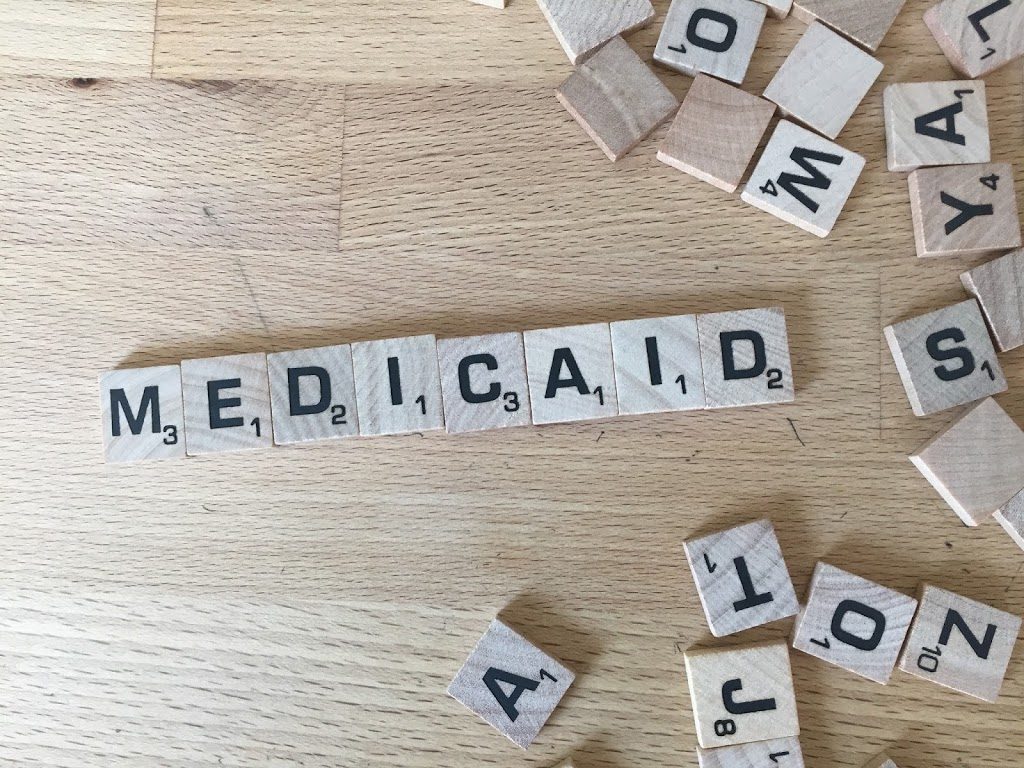CT Medicaid eligibility and service decisions benefit members but also the state budget

It may be counter-intuitive but, despite our high incomes, Connecticut’s generosity in eligibility and provider rates means the federal government provides more support to our program than other states.
Medicaid is jointly funded, and administered, by both federal and state governments. Federal funding is highest to states with the lowest per capita incomes. As a wealthy state, Connecticut gets the minimum reimbursement, 50%, for most of our Medicaid spending. Connecticut’s per capita income is the highest among states, behind only DC.
However, within some constraints, states decide which populations and services to cover, and what to pay providers for the care they provide. Connecticut has been relatively generous on those decisions. We also chose early to expand eligibility to childless adults for 100% reimbursement initially, and now 90% going forward. (If the ACA remains the law.)
Lower income states tend to be less generous on these decisions. This leads Connecticut to a very interesting place compared with other states – we get back less in federal reimbursements but from a bigger slice of pie.
Connecticut spends more per Medicaid member than all other states, behind only DC. And one in four state residents is covered by Medicaid. However, we received $5 billion from the federal government last year*KFF, about the median among states.
The burden of Connecticut’s Medicaid generosity falls less hard on our state budget. We devote just 24% of the state’s budget to Medicaid, well below the US average of 29%. Connecticut has also performed very well in controlling per person costs in the program. From 2014 to 2019, state Medicaid spending has grown more slowly than health benefits for state employees or the total state budget.
Since 2012 when we moved away from private insurers to a care coordination-focused system, Connecticut has led the nation in controlling per person costs, saving taxpayers $2.25 billion so far.

